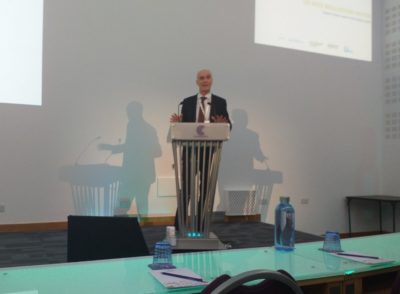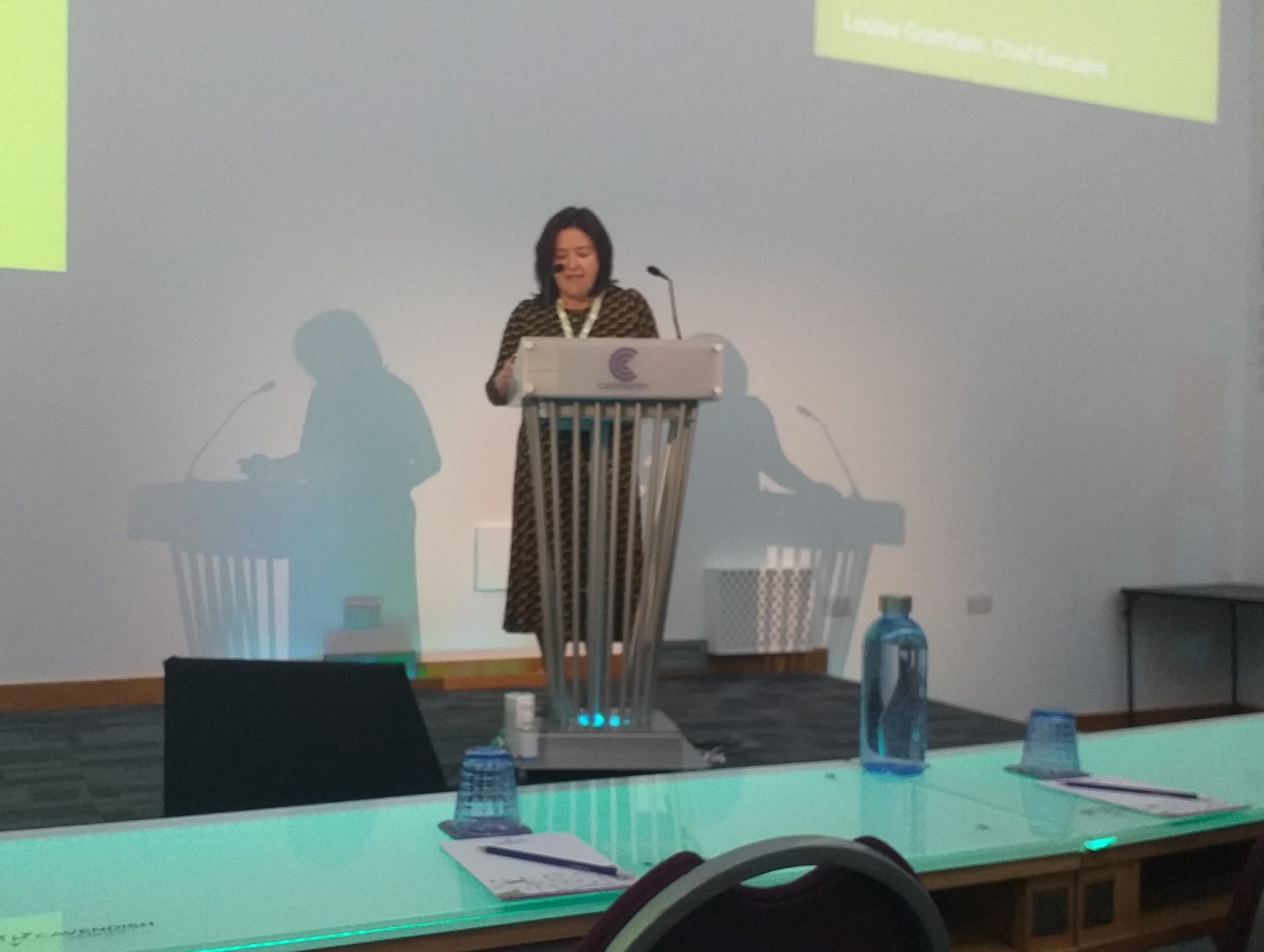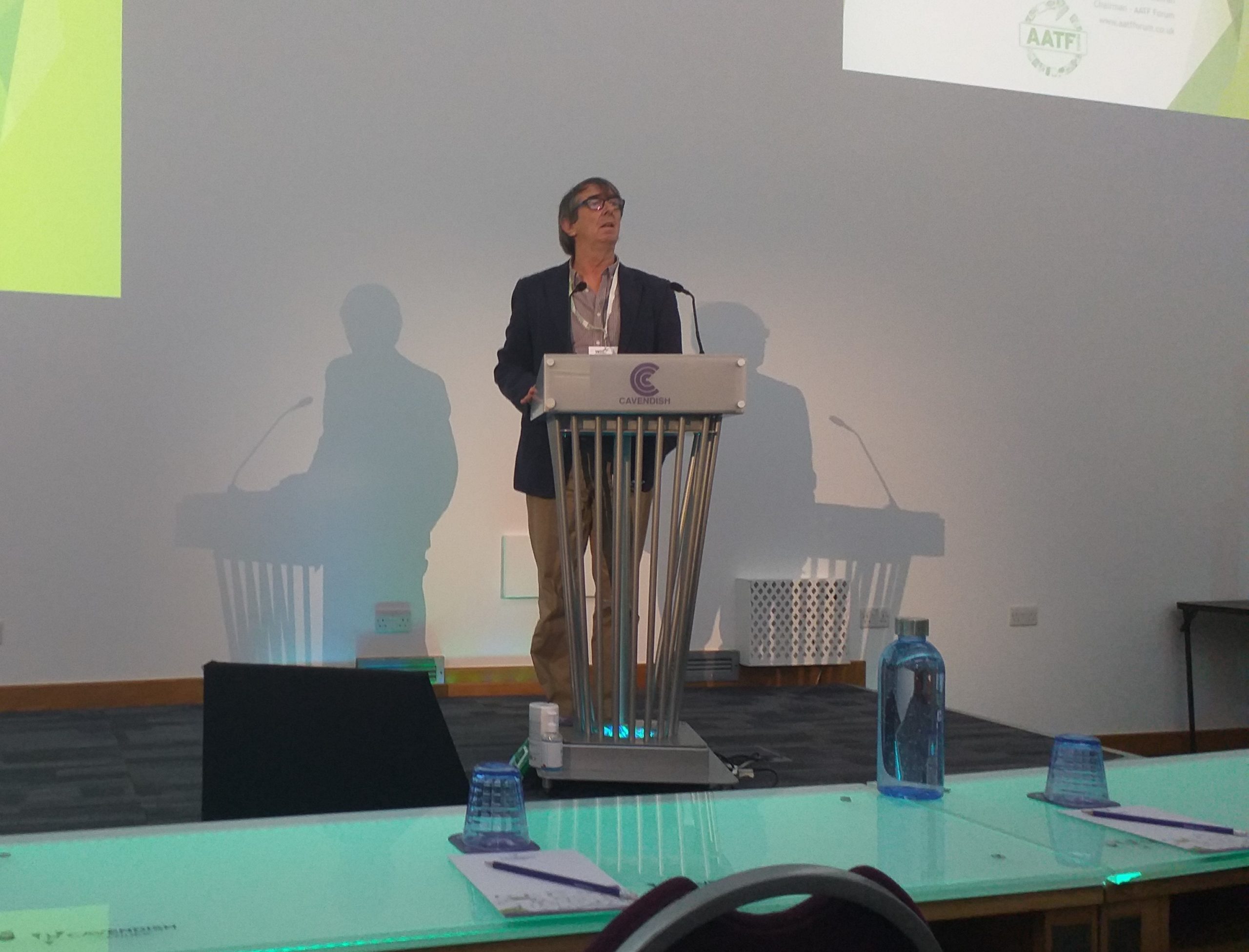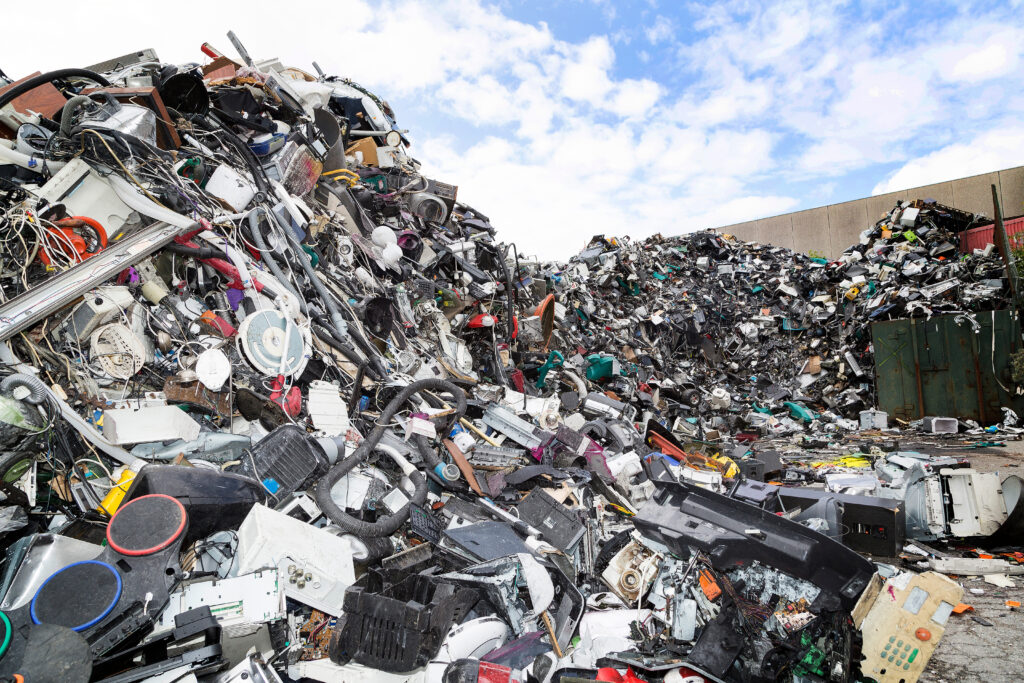Mr Vickery is responsible for the implementation of the UK’s WEEE regulations. He told attendees of the WEEE Conference in London on 7 December that the proposed targets would be one area of the much-delayed consultation on the regulations.

Though it was expected to take place this year, the consultation has been repeatedly delayed by the Covid-19 pandemic, among other reasons.
Mr Vickery told the conference the consultation would take place “next year” and would precede a separate consultation on batteries.
“We’re looking to drive up treatment standards,” he said. “If you look at the WEEE regulations today, the recycling and recovery targets haven’t changed substantially since the original WEEE directive was received 20 years ago, so surely that is ripe for review.
“We want to go beyond that and start looking at whether in future we should be looking to set material-specific targets for recyclers, to make sure that specific materials are recovered at certain levels.”
Mr Vickery added: “When I say potentially setting material targets in the future, part of that could be issues around the recovery of critical raw materials, as well as the materials that are currently recovered through the recycling process.”
Areas for consultation
Other areas Mr Vickery said the consultation would cover include “moving producer responsibility to the doorstep”.
We’re looking to drive up treatment standards
– Graeme Vickery, senior policy at Defra
“That’s a key feature of the reforms in packaging and I think it will be a key feature of all the EPR regimes which come forward over the coming years,” he said. “It’s certainly something we want to look at in terms of batteries. When I say the doorstep, in truth, I’m thinking of households, but also business end-users as well.”
And, Mr Vickery said Defra wanted to “level the playing field” for ‘conventional’ producers versus those that sell via online marketplaces.
He concluded by saying there would “almost certainly” be a need for at least one more consultation following next year’s review of the WEEE regulations, “before we can get into putting legislative changes in place”.
Agility
Louise Grantham, chief executive of compliance scheme REPIC, also spoke at the conference. She said future WEEE management needed to be “agile” due to the changing nature of technology, which in many cases has become lighter and thinner.

“We are in a sector that’s evolving quite significantly in terms of e-product technology, the lifecycle of a product, and end of life disposal,” she said.
Mrs Grantham suggested setting weight-based recycling targets for WEEE recycling – as is currently the case – was not a useful way of measuring success in the move towards a circular economy. She told the conference: “We know increasing targets won’t increase the collection of WEEE and that just chasing generation WEEE won’t fit with circular economy principles.
“Clearly, we want to make sure that WEEE is dealt with correctly at the end of life, that it’s not put in residual waste and that people don’t keep hoarding devices, which we know is an issue.
“If we can get better data and understand product demand changes, both past and future, then hopefully we can move our focus away ultimately from weight-based waste generation targets.”
And, she said, transitioning to a circular economy required the sector’s focus to broaden, away from recycling and towards concepts like reuse.
“We can all play a part in delivering this circular economy and ultimately improving the capture of WEEE recycling in the UK,” she said.
Concerns
Another to speak at the conference was Phil Conran, director of consultancy 360 Environmental and chair of the AATF Forum, an informal body representing the interests of the UK WEEE treatment sector.

He told attendees that he was concerned that the latest delay to the consultation would mean the sector would have to continue working under the current regime for at least the next four years.
“We’re not going to see the results of [the WEEE review] until 2025/26, so we’ll have to continue under the current regime for some time, with all the concerns we have over things like the compliance fee.”
The compliance fee is an alternative mechanism used by compliance schemes and obligated business if they have insufficient recycling evidence to meet their WEEE collection targets for the year. It generated £963,000 in 2020 to support the activities of Material Focus, the not-for-profit organisation formerly known as the WEEE Fund.











Subscribe for free